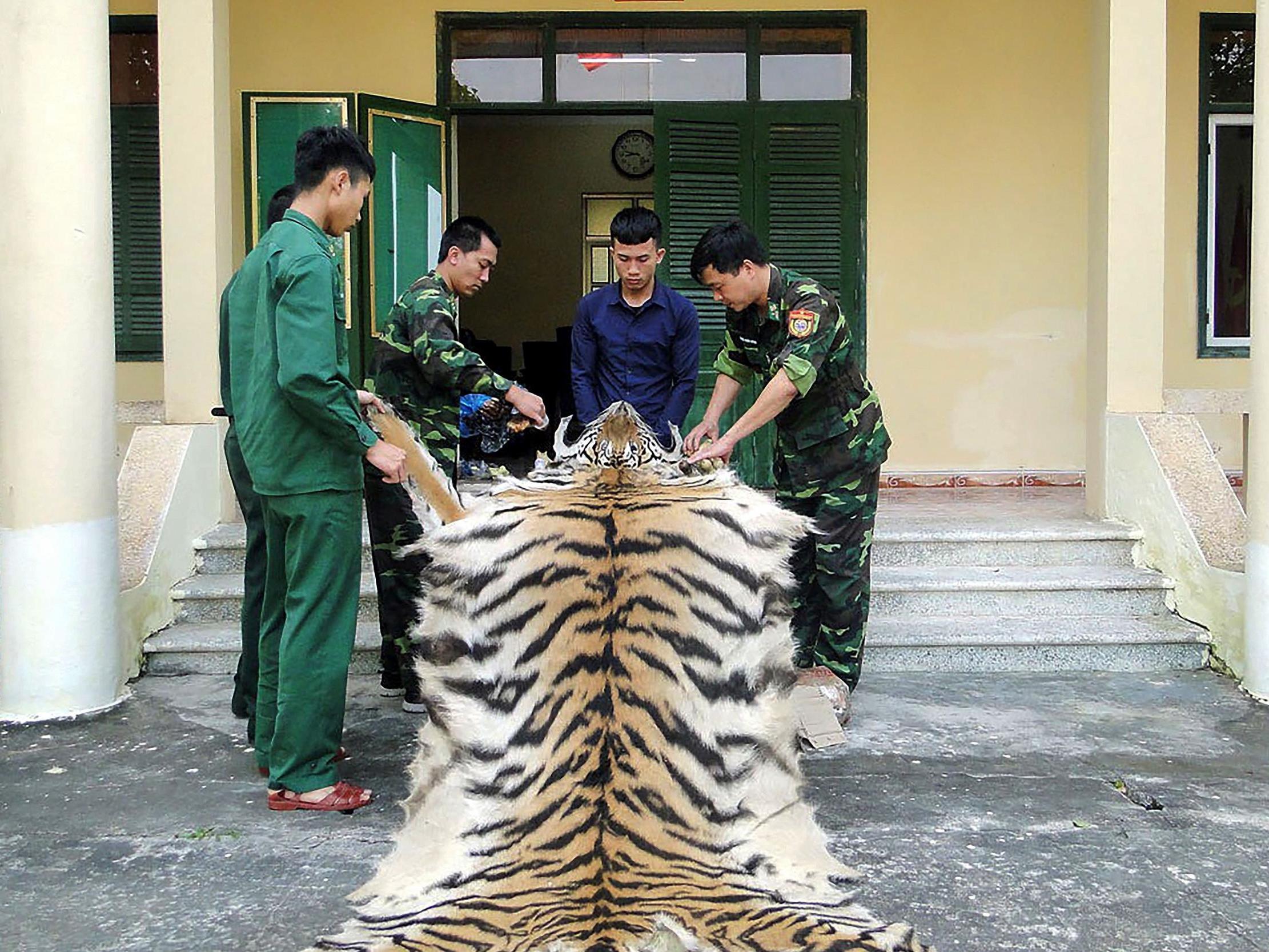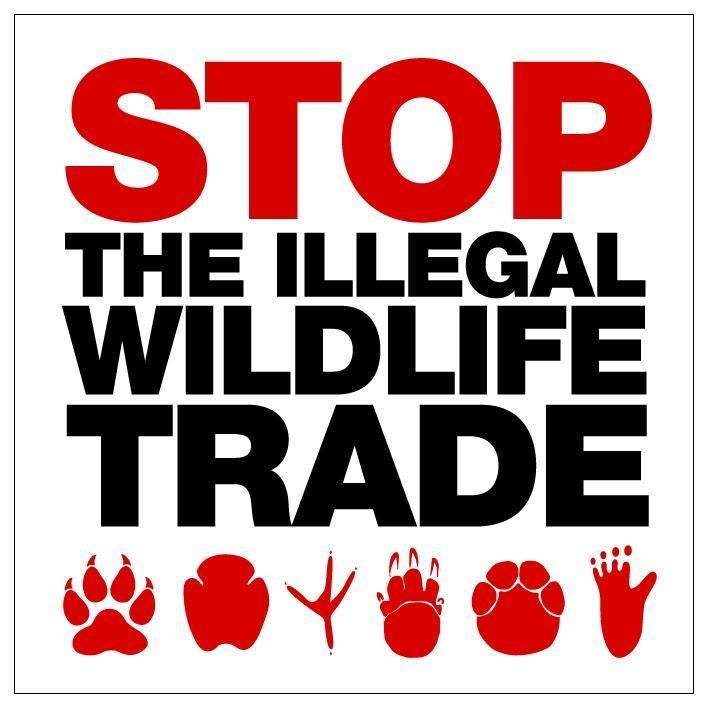Vietnam bans wildlife trade imports due to the threat of future pandemics
But campaigners say the laws are not strong enough and should include domestic sales, Samuel Osborne reports


Your support helps us to tell the story
From reproductive rights to climate change to Big Tech, The Independent is on the ground when the story is developing. Whether it's investigating the financials of Elon Musk's pro-Trump PAC or producing our latest documentary, 'The A Word', which shines a light on the American women fighting for reproductive rights, we know how important it is to parse out the facts from the messaging.
At such a critical moment in US history, we need reporters on the ground. Your donation allows us to keep sending journalists to speak to both sides of the story.
The Independent is trusted by Americans across the entire political spectrum. And unlike many other quality news outlets, we choose not to lock Americans out of our reporting and analysis with paywalls. We believe quality journalism should be available to everyone, paid for by those who can afford it.
Your support makes all the difference.Vietnam has banned the country’s wildlife trade due to concerns about future pandemics.
All imports of live and dead wildlife, including eggs and larvae, are now forbidden thanks to an order signed by Prime Minister Nguyen Xuan Phuc.
The order also outlaws wildlife markets and enforces prohibitions on the illegal hunting and trading of wild animals, including online sales.
While conservation organisations welcomed the directive, some campaigners said it did not go far enough.
“The trade in pangolin scales, elephant ivory and rhino horns is already illegal but that trade does still continue,” Dr Teresa Telecky, of Humane Society International, told The Independent.
“The scope of the directive only bans wildlife imports but doesn’t ban the domestic sale and consumption of wild mammals and birds, so we would like to see a ban on all trade in wild mammals and birds, particularly as these animals are known carriers of coronaviruses.”
The move comes amid concerns about the threat from diseases that can jump from animals to humans, such as Covid-19.
Dr Telecky said Humane Society International wanted to see other countries in the region follow China’s example of “closing down [the] domestic wildlife trade for human consumption” in the wake of the coronavirus pandemic.
Similarly, Nguyen Van Thai, director of Save Vietnam’s Wildlife, said: “The wildlife consumption ban mentioned in the directive is insufficient as some uses of wildlife such as medicinal use or wild animals being kept as pets are not covered.
“It would be better to have a clear and detailed list of the various uses of wildlife that are prohibited.”

The Independent, led by shareholder Evgeny Lebedev, has launched the Stop the Illegal Wildlife Trade campaign with the hope of international action.
“The existence of wildlife markets in many locations has been a big problem in Vietnam for a long time, with many Vietnamese people consuming endangered species such as cobra, turtle and pangolin, as well as all manner of monkeys, birds and other unprotected species,” said Phuong Tham, country director for Humane Society International in Vietnam.
“Without stronger actions, Vietnam risks eating many of these species into extinction because they can so easily be purchased in markets, from street vendors and even just outside of our national parks.
“Vietnam’s rapacious appetite for wildlife is endangering not just these species’ survival, but as we have seen with the coronavirus outbreak, it is endangering people’s lives too, so this ban can’t come soon enough.”
Vietnam is a popular destination for wildlife products. These often come from endangered species such as pangolins or elephants and are used in traditional medicine or in the preparation of exotic cuisine.
The directive comes after 14 conservation organisations in Vietnam sent a joint letter in February urging the government to “identify and close markets and other locations where illegal wildlife is on sale”.
We are protecting wildlife at risk from poachers due to the conservation funding crisis caused by Covid-19. Help is desperately needed to support wildlife rangers, local communities and law enforcement personnel to prevent wildlife crime. Donate to help Stop the Illegal Wildlife Trade HERE.
Join our commenting forum
Join thought-provoking conversations, follow other Independent readers and see their replies
Comments